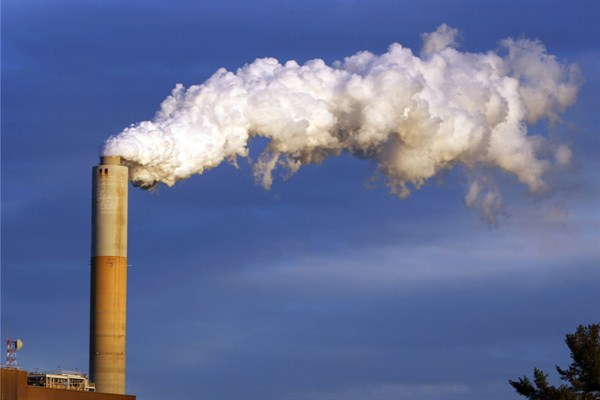The timing of Donald Trump’s stunning upset to become the president-elect of the United States couldn’t have come at a more inauspicious moment for global efforts to blunt climate change. As the election returns were pouring in last week, across the Atlantic in Marrakech, Morocco, representatives from nearly 200 nations gathered at the beginning of a major conference following up last December’s historic global climate accord signed in Paris.
The Paris Agreement for the first time committed the U.S. and 192 countries to an ambitious international regime to curb global emissions, aiming to cap global temperature rises by the end of the century at “well below” 2 degrees Celsius since the onset of the Industrial Revolution. According to scientific consensus, the 2-degree threshold is the point at which the most devastating effects of climate change become irreversible for human society, from rising seas to severe droughts.
In Marrakech, where the 22nd Conference of the Parties, or COP22, to the U.N. Framework Convention on Climate Change (UNFCCC) are meeting, climate negotiators are trying to hammer out ways to make good on implementing the nonbinding commitments made in the COP21 deal brokered in Paris.

